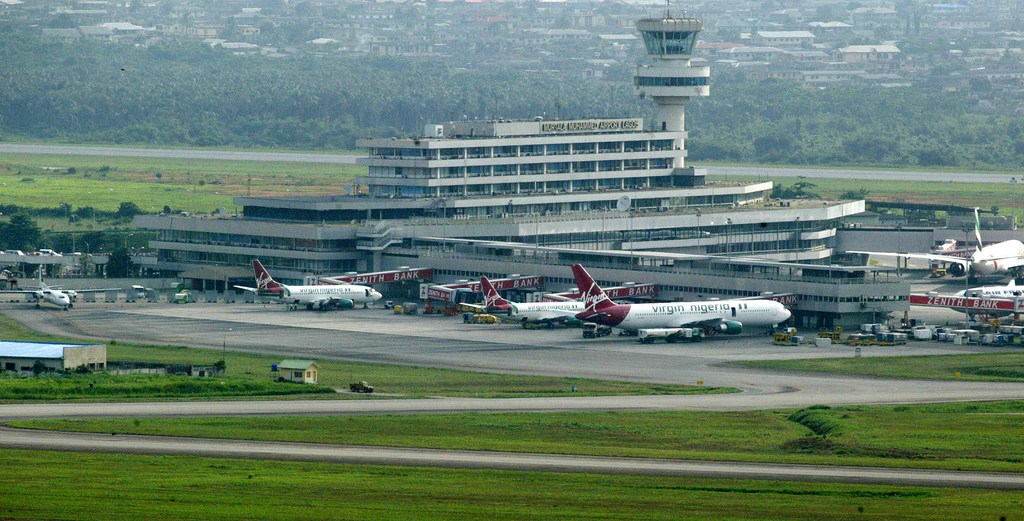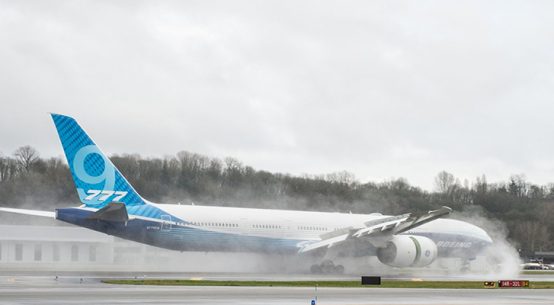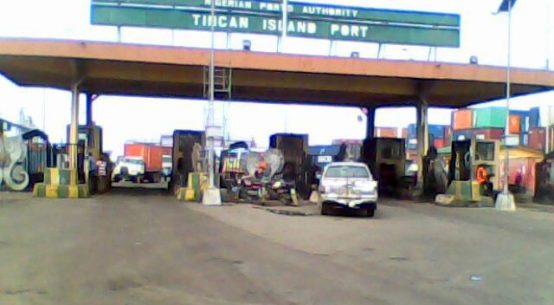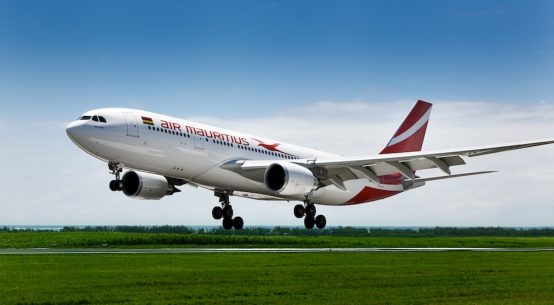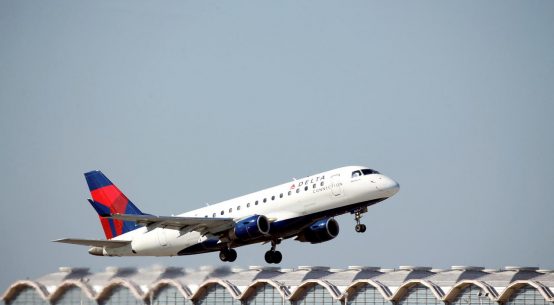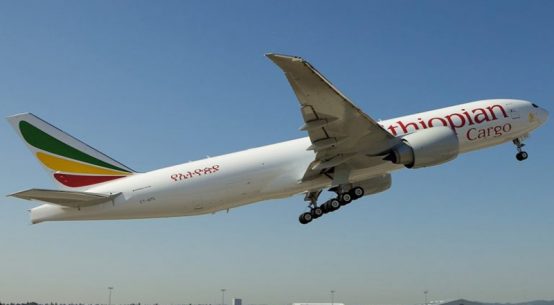The loss to the airlines stands in excess of 50 percent, given the volume of flights cancelled in the last one week. At least, all the airlines cancelled more than 50 percent of flight operations (about 100 per day). Air Peace is the leading airline with almost 40 percent of traffic share. It increased its fleet size from 10 to 24 aircraft, to cope with demand at the festive time. Its eastern routes, like Benin, Uyo, Calabar, Owerri, and Enugu, received flight increase from two to six per day.
But in the period under review, most of the routes were not regularly accessed, as a result of poor visibility and risk to aircraft landing.The Spokesperson for the airline, Chris Iwarah, confirmed the cancellation of several flights on the Enugu, Calabar, Uyo, Benin, Akure and Port Harcourt routes.He said except for Lagos-Abuja and Abuja-Lagos, several other routes were not accessed. “Even Enugu that we increased to about six flights daily could not be travelled until Friday. Owerri has been the saving grace for Air Peace, with flights unable to go to Enugu (due to weather and runway repairs),” he said.
“The weather is not so clear in Owerri but it has been manageable in the last one week. The weather changes so easily in Port Harcourt and that is a problem for our operations too. There is very little the airline can do about bad weather but to keep appealing to our passengers to bear with us. Attacking airline officials or disrupting other operations can never be the solution,” Iwarah added.
Between the end of November and February, the harmattan, a dry and dusty wind, blows from the Sahara Desert over the West African sub-continent into the Gulf of Guinea.In some West African countries, like Nigeria, the heavy presence of dust in the atmosphere limits visibility severely, sometimes blocking the sun for days. Known as harmattan haze, it costs airlines millions of dollars in cancelled and diverted flights yearly.
The Nigerian Civil Aviation Authority (NCAA) had issued a weather alert to all pilots and airline operators urging caution on the “inherent danger” associated with the haze.The General Manager, Public Affairs, at NCAA, Sam Adurogboye, said besides air-to-ground visibility reducing considerably due to the haze, aerodrome visibility could also fall below the prescribed minimum, with blurred runways, markings, and airfield lightings, and visual navigation becoming extremely difficult or impossible.
The apex regulatory body urged passengers to exercise restraint, saying: “Pilots are merely observing what is contained in the departure, en route and destination weather, which might sometimes necessitate outright cancellation.”A chief operating officer of one of the airlines said that for every cancelled flight, the company loses between N5 million and N12 million, depending on the size and type of the aircraft involved.He appealed to the authorities to upgrade the Instrument Landing Systems (ILSs) at airports to Category 2 ILS, like in Lagos and Abuja airports.
